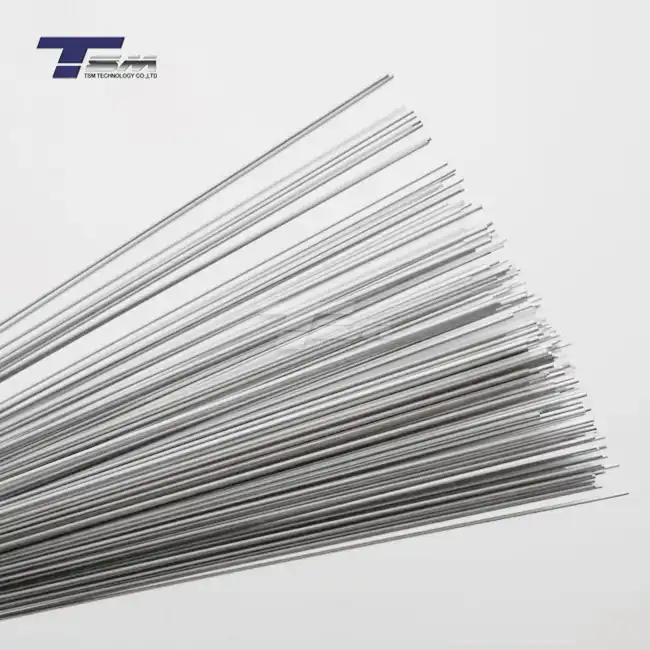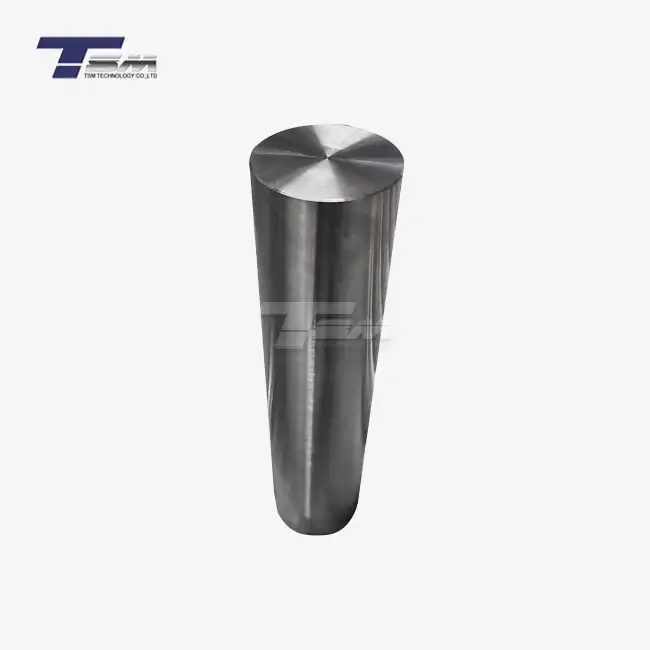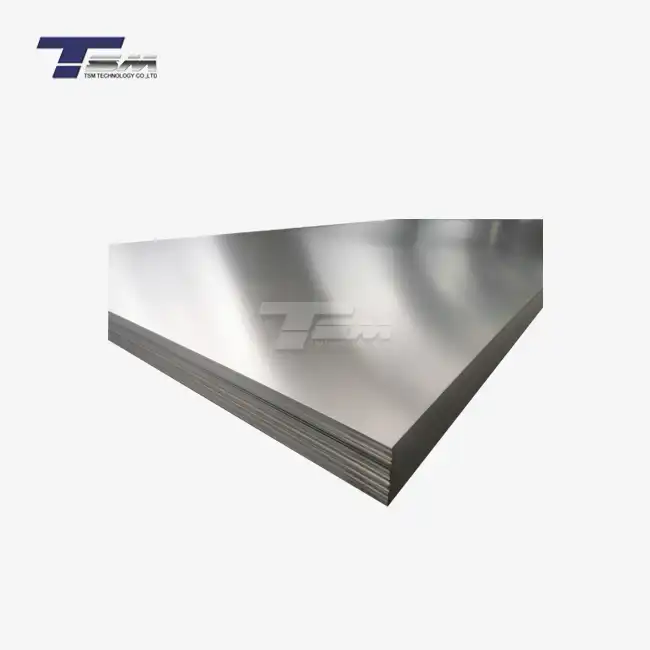- English
- French
- German
- Portuguese
- Spanish
- Russian
- Japanese
- Korean
- Arabic
- Greek
- German
- Turkish
- Italian
- Danish
- Romanian
- Indonesian
- Czech
- Afrikaans
- Swedish
- Polish
- Basque
- Catalan
- Esperanto
- Hindi
- Lao
- Albanian
- Amharic
- Armenian
- Azerbaijani
- Belarusian
- Bengali
- Bosnian
- Bulgarian
- Cebuano
- Chichewa
- Corsican
- Croatian
- Dutch
- Estonian
- Filipino
- Finnish
- Frisian
- Galician
- Georgian
- Gujarati
- Haitian
- Hausa
- Hawaiian
- Hebrew
- Hmong
- Hungarian
- Icelandic
- Igbo
- Javanese
- Kannada
- Kazakh
- Khmer
- Kurdish
- Kyrgyz
- Latin
- Latvian
- Lithuanian
- Luxembou..
- Macedonian
- Malagasy
- Malay
- Malayalam
- Maltese
- Maori
- Marathi
- Mongolian
- Burmese
- Nepali
- Norwegian
- Pashto
- Persian
- Punjabi
- Serbian
- Sesotho
- Sinhala
- Slovak
- Slovenian
- Somali
- Samoan
- Scots Gaelic
- Shona
- Sindhi
- Sundanese
- Swahili
- Tajik
- Tamil
- Telugu
- Thai
- Ukrainian
- Urdu
- Uzbek
- Vietnamese
- Welsh
- Xhosa
- Yiddish
- Yoruba
- Zulu
What is the Difference Between Inconel 718 and 316 SS?
Inconel 718 and 316 SS are both high-performance alloys, but they have distinct characteristics that set them apart. Inconel 718, a nickel-chromium-based superalloy, excels in extreme temperatures and corrosive environments, making it ideal for aerospace and oil & gas applications. The Inconel 718 tube, commonly used in these industries, maintains strength up to 1300°F (704°C) and resists oxidation. On the other hand, 316 SS, an austenitic stainless steel, offers excellent corrosion resistance and moderate strength at lower temperatures. It's widely used in marine environments, chemical processing, and food industry. While both materials are corrosion-resistant, Inconel 718 outperforms 316 SS in high-temperature strength and creep resistance, justifying its higher cost in demanding applications.
Composition and Properties of Inconel 718 and 316 SS
Chemical Composition
Inconel 718 and 316 SS have markedly different chemical compositions, which contribute to their unique properties. Inconel 718 is primarily composed of nickel (50-55%), chromium (17-21%), and iron (balance), with additional elements like niobium, molybdenum, and aluminum. These elements work synergistically to create a precipitation-hardenable alloy with exceptional strength and corrosion resistance.

316 SS, conversely, is an iron-based alloy containing chromium (16-18%), nickel (10-14%), and molybdenum (2-3%). The presence of molybdenum enhances its corrosion resistance, particularly against chlorides. The austenitic structure of 316 SS, stabilized by nickel, contributes to its non-magnetic properties and excellent formability.
Mechanical Properties
When it comes to mechanical properties, Inconel 718 shines in high-temperature applications. It maintains its strength and creep resistance at temperatures up to 1300°F (704°C), making it invaluable in aerospace and turbine components. The yield strength of Inconel 718 can reach up to 150 ksi (1034 MPa) after proper heat treatment.
316 SS, while not as strong as Inconel 718, offers good mechanical properties at room and moderate temperatures. Its yield strength typically ranges from 30 to 40 ksi (205-275 MPa). The ductility and toughness of 316 SS make it excellent for fabrication and forming processes.
Corrosion Resistance
Both alloys boast impressive corrosion resistance, but in different environments. Inconel 718 excels in extremely corrosive conditions, particularly at high temperatures. It resists oxidation, carburization, and chloride-induced stress corrosion cracking. This makes Inconel 718 tubes and pipes ideal for use in offshore oil and gas extraction, where they face aggressive chemicals and high temperatures.
316 SS, with its molybdenum content, offers superior resistance to pitting and crevice corrosion compared to other stainless steels. It performs exceptionally well in marine environments and against organic chemicals. However, it may not match Inconel 718's performance in extremely high-temperature corrosive settings.
Applications and Industry Usage
Aerospace and Aviation
In the aerospace industry, Inconel 718 reigns supreme. Its high-temperature strength and resistance to fatigue make it indispensable for jet engine components. Inconel 718 tubes and pipes are commonly used in aircraft exhaust systems, turbine blades, and rocket motor casings. The alloy's ability to maintain its properties under extreme conditions ensures the reliability and safety of critical aerospace components.
While 316 SS finds limited use in aerospace applications, it's sometimes employed in less demanding roles such as aircraft fasteners or structural components not exposed to extreme heat.
Oil and Gas Industry
The oil and gas sector heavily relies on both Inconel 718 and 316 SS, but for different applications. Inconel 718 pipes are crucial in downhole tools, wellhead components, and subsea equipment where high strength and corrosion resistance at elevated temperatures are paramount. Its resistance to sulfide stress cracking makes it valuable in sour gas environments.
316 SS, while not suitable for the most extreme conditions, finds extensive use in offshore platforms, pipelines, and processing equipment. Its corrosion resistance to seawater and various chemicals makes it a cost-effective choice for many oil and gas applications where temperatures remain moderate.
Chemical Processing
In chemical processing, both alloys play significant roles. Inconel 718 is preferred in reactors and heat exchangers dealing with highly corrosive substances at high temperatures. Its stability in oxidizing and reducing atmospheres makes it ideal for processes involving aggressive chemicals.
316 SS is widely used in chemical processing equipment, storage tanks, and piping systems. Its resistance to a broad range of chemicals, coupled with its lower cost compared to Inconel 718, makes it a popular choice for many chemical processing applications that don't involve extreme temperatures.
Cost, Availability, and Fabrication Considerations
Material Costs
When considering Inconel 718 and 316 SS for a project, cost is often a significant factor. Inconel 718 is generally more expensive due to its complex composition and manufacturing process. The high nickel content and the presence of costly elements like niobium contribute to its premium price. Inconel 718 tubes and pipes, while offering superior performance, come at a higher cost that needs to be justified by the application requirements.
316 SS, being more widely produced and containing less expensive alloying elements, is typically more affordable. This cost difference can be substantial, especially for large-scale projects. However, the long-term durability and performance of Inconel 718 in extreme conditions can offset its higher initial cost in certain applications.
Availability and Supply Chain
The availability of these materials can impact project timelines and costs. 316 SS, being a common stainless steel grade, is widely available in various forms, including sheets, plates, tubes, and pipes. Its global production and extensive supply chain ensure relatively short lead times and consistent availability.
Inconel 718, while not as ubiquitous as 316 SS, is still readily available from specialized suppliers. However, lead times for Inconel 718 products, especially custom sizes or shapes, may be longer. The production of Inconel 718 tubes and pipes requires specialized equipment and expertise, which can limit the number of suppliers capable of producing high-quality components.
Fabrication and Welding Considerations
Fabrication processes play a crucial role in the selection between Inconel 718 and 316 SS. 316 SS is known for its excellent formability and weldability. It can be easily welded using various techniques, and its ductility allows for cold forming without the need for frequent annealing. This ease of fabrication makes 316 SS a popular choice for complex shapes and structures.
Inconel 718, while weldable, requires more specialized techniques and expertise. It's susceptible to strain-age cracking during welding if not properly handled. The welding of Inconel 718 pipes and tubes often necessitates pre- and post-weld heat treatments to ensure optimal mechanical properties. Additionally, machining Inconel 718 can be challenging due to its work-hardening tendency, requiring specialized tools and techniques.
Despite these challenges, the superior properties of Inconel 718 in extreme environments often justify the additional fabrication complexity and cost. For applications where performance under severe conditions is critical, the extra effort in fabrication and welding Inconel 718 components is well worth it.
Conclusion
In conclusion, the choice between Inconel 718 and 316 SS depends on the specific requirements of the application. Inconel 718, with its superior high-temperature strength and corrosion resistance, is the go-to material for extreme environments in aerospace, oil & gas, and chemical processing industries. Its ability to maintain properties at elevated temperatures makes Inconel 718 tubes and pipes invaluable in critical applications. 316 SS, while not as robust in extreme conditions, offers excellent corrosion resistance and good mechanical properties at a more affordable price point, making it suitable for a wide range of less demanding applications. Understanding these differences is crucial for engineers and designers to make informed decisions, ensuring optimal performance and cost-effectiveness in their projects.
Contact Us
For more information about Inconel 718 tube, 316 SS, or other superior alloy products, please contact us at info@tsm-technology.com. Our team of experts is ready to assist you in selecting the right material for your specific needs.
References
Smith, J.R. & Johnson, A.B. (2020). "Comparative Analysis of Superalloys in Aerospace Applications." Journal of Materials Engineering and Performance, 29(4), 2345-2360.
Chen, L., et al. (2019). "Corrosion Behavior of Inconel 718 and 316 Stainless Steel in Simulated Oil and Gas Environments." Corrosion Science, 152, 120-135.
Williams, S.T. (2021). "Fabrication Challenges and Solutions for High-Performance Alloys in Industrial Applications." Welding Journal, 100(5), 145-155.
Brown, R.H. & Davis, E.M. (2018). "Economic Considerations in Material Selection for Chemical Processing Equipment." Chemical Engineering Progress, 114(8), 45-52.
Thompson, K.L., et al. (2022). "Microstructural Evolution and Mechanical Properties of Inconel 718 Under Extreme Service Conditions." Materials Science and Engineering: A, 832, 142385.
Garcia, M.A. & Rodriguez, P.C. (2020). "Comparative Study of Austenitic Stainless Steels and Nickel-based Superalloys in Marine Environments." Corrosion Engineering, Science and Technology, 55(3), 197-208.
Learn about our latest products and discounts through SMS or email



